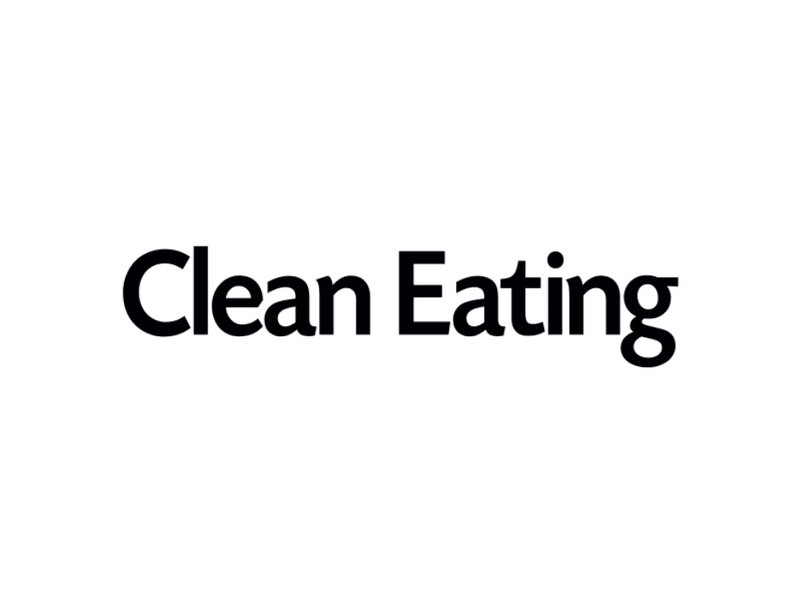
Originally appeared in the article, "A Gastroenterologist Shares 4 Little-Known Benefits of Drinking Coffee" by Heather Adams in Clean Eating on August 22, 2022.
Can’t quit coffee? Neither can I, someone who’s a member of the “Don’t talk to me until I’ve had my a.m. coffee” club. But I’m also a firm believer that a steamy mug of caffeinated joe can be good for you in ways that stretch well beyond its energy-boosting powers.
Coffee, like lemon water, is often touted as a beverage that can benefit everything from your heart health to your workout stamina to your metabolism. However, it’s hard to discern whether there’s any truth behind these big claims.
So, I asked Dr. Ali Rezaie, Cedars-Sinai Gastroenterologist, author of The Microbiome Connection and medical advisor to The Good LFE, why coffee is thought to be so beneficial. Here are four surprising science-backed benefits you might not realize you’re getting in every cup of coffee:
1. Coffee is rich in organic compounds
“Coffee is a mixture of numerous organic compounds, including antioxidants and phytochemicals, which one or several of have beneficial effects,” Dr. Rezaie explains. He notes that those compounds can have potentially significant health benefits, such as altering platelet aggregation and decreasing the chances of blood clots.
Individually, antioxidants and phytochemicals can pack a potent health punch. You already know antioxidants as the free-radical-fighting nutrients found in fruits and veggies, however, research suggests they may also have benefits for your mental health. And phytochemicals can assist with graceful physical aging and soothe inflammation.
You’ll get these helpful organic compounds from both caffeinated and decaffeinated coffee. As Dr. Rezaie points out, “A recent study shows that decaf coffee works as good as caffeinated coffee in decreasing mortality rate.”
2. Your liver health may benefit from coffee
If you’re hoping to keep your liver in good shape, coffee could be key. The University of Chicago notes that coffee may slow the progression of liver disease, potentially offset a high-fat diet, and reduce liver scarring. A daily coffee habit could help limit general liver damage accumulated over the years.
Coffee can also be particularly great for individuals with nonalcoholic fatty liver disease (NAFLD), with research suggesting that drinking two or more cups per day may lead to less liver damage. As Dr. Rezaie explains, “We don’t know exactly how coffee helps with fatty liver disease. However, in clinical practice, along with weight loss we commonly recommend coffee for NAFLD patients if they tolerate it.”
3. Coffee might help you live longer
“Several observational studies have shown that coffee is associated with longevity,” Dr. Rezaie says. One in particular, according to Harvard Health, found that individuals who drink as many as eight cups per day may have a slightly lower risk of early death compared to non-drinkers.
However, Dr. Rezaie points out that how this benefit is exerted is yet to be determined.
If you’re hoping to reap this benefit, you might want to consider what you’re mixing into your coffee. While adding some milks may not make a difference, other popular extras may have the opposite effect. “There is no evidence that mixing coffee with milk or plant-based milk affects its beneficial effects,” Dr. Rezaie points out. “[But] adding very sweet and fatty creamers can be harmful. A recent study has shown that adding artificial sugar may take away the beneficial effects of coffee in regard to longevity.”
4. Drinking coffee can balance your microbiome
It might seem like coffee is hard on the gut based on how it can get things moving. But the truth is it’s actually good for your gut – and for your microbiome overall.
“Coffee is a stimulant for the movements of the gut. Wherever the movements of the gut are coordinated and organized, the microbiome stays more balanced,” Dr. Rezaie says. “This may be one of the reasons that coffee provides long-term health benefits, given the integral role of the gut microbiome in health and disease.”
Worried about how coffee might impact you if you’re living with a condition that makes it tough to drink? This beverage isn’t the be all, end all to a balanced microbiome. “Those who can’t tolerate coffee whether due to reflux, heartburn, or abdominal discomfort should stay away from coffee. There are multiple other ways to stay healthy,” Dr. Rezaie advises.
